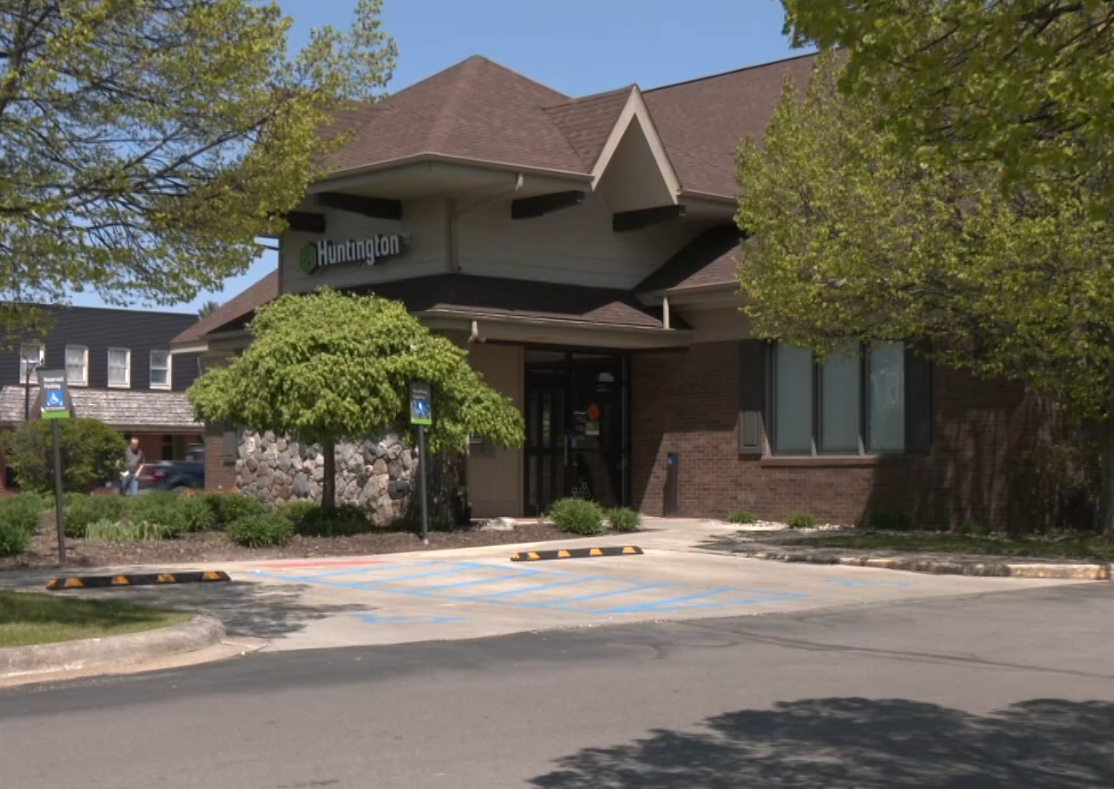Michigan Attorney General Dana Nessel on Wednesday asked a Wisconsin federal court to take emergency action to protect Lake Superior from what she called an imminent threat posed by Enbridge’s Line 5 pipeline.
Nessel filed an amicus brief in support of an emergency motion filed last week by the Bad River Band of the Lake Superior Tribe of Chippewa Indians of the Bad River Reservation.
The rising waters of the Bad River near Superior, Wisconsin, have caused extreme erosion along the banks of the river and dramatically increased the likelihood that the Line 5 pipeline will rupture, Nessel said. In 2022, the court concluded that the presence of Line 5 on the Bad River Reservation constitutes a trespass, but the court did not order an immediate shutdown or rerouting of the pipeline. At that time, more than 30 feet of riverbank separated the pipeline from the water’s edge.
If the pipeline ruptures, it will release oil and natural gas liquids into the Bad River, which flows directly into Lake Superior 16 miles downstream, Nessel said.
The Bad River Band has asked the court to order an emergency shutdown of the pipeline, and Nessel’s brief today supports that request.
“Lake Superior is a priceless natural and cultural resource and, like all the Great Lakes, it is vital to our way of life in Michigan,” Nessel said. “As attorney general, I owe a duty to the people of Michigan to protect all of Michigan’s waters, not only for us today, but also for future generations. I will always do everything in my power to protect the Great Lakes from the threat posed by those who care more about their bottom line than about Michigan’s residents and natural resources.”
A spokesperson for Enbridge emailed 9&10 News a statement Wednesday afternoon:
Line 5 continues to operate normally and safely across the Bad River Reservation. Enbridge’s filing asks Judge Conley to reject the Bad River Band’s request to shut down Line 5 because the pipe is not exposed, it is completely covered by multiple feet of soil; there is no pipeline safety issue, no emergency, and no reason to shut down Line 5.
Line 5 remains in full compliance with all applicable codes and regulations established by the pipeline safety regulator, the Pipeline and Hazardous Materials Safety Administration (PHMSA). PHMSA is fully aware of the same facts on which the Band relies in its injunction motion. As Enbridge’s filing with the court makes clear, PHMSA has chosen not to order the pipeline closed or take any other action.
The Government of Canada made its concerns about the Bad River case clear, stating in part “the energy security of both Canada and the United States would be directly impacted by a Line 5 closure.” Instead, in its statement the Canadian government supported “appropriate, science-based efforts to ensure the safety of the pipeline” led by the appropriate U.S. regulatory authorities to be implemented before “any shutdown is considered.”
A permanent injunction at the Bad River would effectively terminate Line 5′s operations in whole, causing severe consequences for people and industries in both the U.S. and Canada, as was demonstrated by the evidence submitted during the trial in this case. Such an injunction would also violate the treaty between the U.S. and Canada designed to protect the flow of energy between the nations.
In declarations supporting Enbridge’s opposition to Bad River’s motion for preliminary injunction, Plains Midstream writes that shutting down Line 5 would force the closure of their facilities at Rapid River and Superior and would have a “devastating impact on consumers and propane prices in the region.” Other refineries state they would either face the same fate or have to severely curtail operations, and consumers would face shortages and price spikes. The Canadian Chamber of Commerce predicts “thousands of jobs would be lost in both Canada and the United States.”
Enbridge has proposed numerous plans to reinforce the riverbank and stop erosion at what’s known as the Meander on the Bad River. The company needs the Band’s approval to move forward with these plans, but the Band has refused to approve any of Enbridge’s erosion control measures to date and given no timeframe for when it may allow this work.
As a permanent solution, Enbridge submitted federal and state permit applications in 2020 to re-route this segment of Line 5 around the Bad River Band reservation. Enbridge has acquired the necessary landowner permissions and is prepared to start the relocation project as soon as all permits are received.


